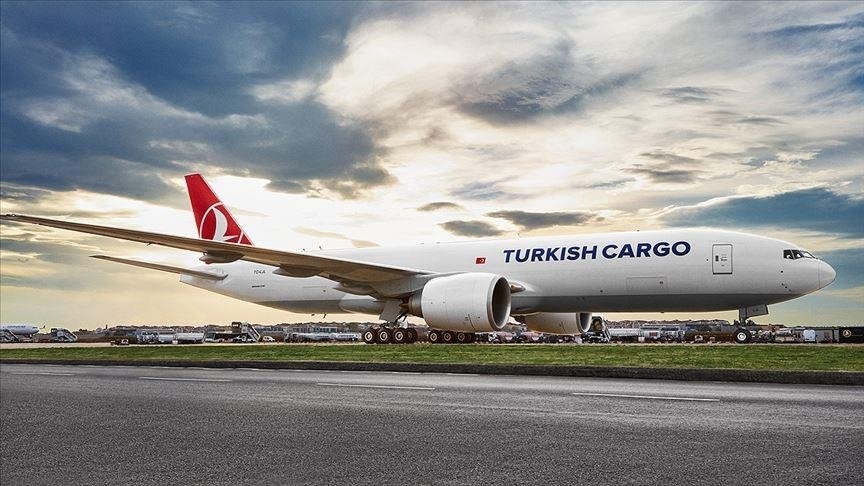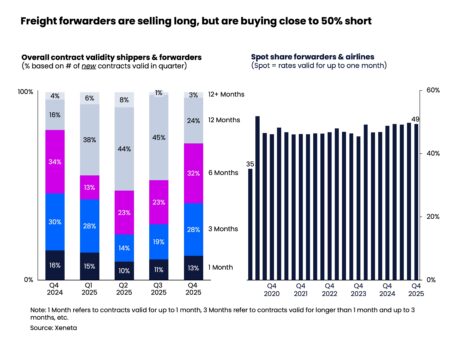With Celebi’s clearance revoked, Turkish Cargo’s India operations draw attention amid regulatory tightening.

Following the Indian government’s decisive move against Celebi Aviation, attention has now shifted to Turkish Airlines Cargo—another major foreign operator with significant operations in India. The Bureau of Civil Aviation Security (BCAS) recently revoked Celebi’s security clearance over serious compliance lapses, triggering wider discussions about enforcement actions in the aviation sector.
Turkish Cargo currently runs 20 dedicated weekly freighter flights across six major Indian cities: Delhi (5), Mumbai (4), Chennai (4), Bengaluru (3), Ahmedabad (2), and Hyderabad (2). This extensive network underscores its importance within India’s air cargo ecosystem.
The potential revenue at stake is considerable. Based on aviation benchmarks, each flight could be earning around $130,000. With 20 flights weekly, that translates to $2.6 million per week, and nearly $125 million annually. These estimates consider an 80% load factor on Airbus A330-200F aircraft and an average yield of $2.50 per kilogram of cargo.
As regulatory scrutiny increases, there’s growing industry speculation that Turkish Cargo could face similar checks. While there is no official indication of any action being planned, experts believe that in the current compliance-heavy climate, any oversight—whether related to ground handling partnerships, customs protocols, or documentation—could lead to serious consequences.
Celebi’s case is being viewed as a turning point. The revocation of security clearance impacted its operations across multiple airports and has been interpreted as a clear message to foreign players operating in sensitive service areas. Authorities appear keen on tightening oversight of companies with significant market presence and cross-border ties.
While Turkish Cargo has not faced any reported violations, the situation serves as a reminder of the importance of regulatory alignment. Aviation analysts suggest that the company will need to reinforce internal compliance systems and maintain active engagement with Indian authorities to ensure uninterrupted operations.
As India strengthens its regulatory grip on aviation services, all foreign cargo operators may find themselves under increased observation. For Turkish Cargo, staying ahead of compliance expectations will be key to safeguarding its position in the Indian market.
Source: Aviation industry analysis based on data from Airbus, IATA, TAC Index, PIB updates, and Mathrubhumi.com











